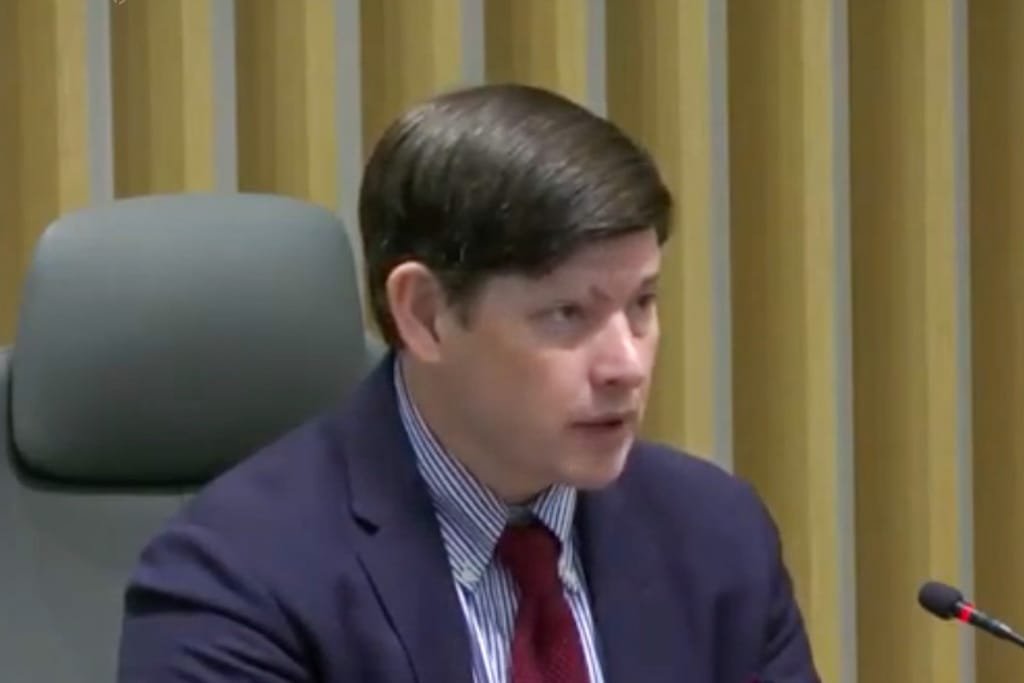Starlink Should Prevail in RDOF Challenge, Says Tech Think Tank
TechFreedom argued that the FCC overstated the flaws of Starlink’s network.
David B. McGarry

WASHINGTON, October 6, 2022 – The Federal Communications Commission’s decision to revoke Starlink’s $885 million award was “arbitrary” and “capricious,” said TechFreedom in comments filed with the commission last week.
Starlink secured the award from the Rural Digital Opportunity Fund in December 2020, but the agency changed course and pulled the plug on the grant last August, claiming the company’s satellite technology is too new and unreliable to meet RDOF’s requirements. Starlink submitted an application for review of the decision in September.
In its filed comments, TechFreedom, a think tank “dedicated to promoting the progress of technology that improves the human condition,” argued that the FCC overstated the flaws of Starlink’s network. Starlink’s growing constellation of satellites – already numbering in the thousands – is “revolutionary,” and network performance will rapidly improve as more satellites are launched, the comments said.In response to FCC reservations about lagging upload speeds, the TechFreedom argued that Starlink will reach the required service speeds in the remaining three years before the Commission’s official deadline.
“How can the FCC pull all funding for Starlink based on current speed tests for a system that is not yet fully built, and for which deployment, speed, and latency milestones don’t apply for several more years,” the think tank wrote.
TechFreedom also argued that Starlink’s is the only technology able to reach some of the hardest-to-serve areas in America: “When the dust settles on this round of broadband deployment in a few years, and the new maps still show many Americans with no access to high-speed broadband, there will be no one to blame but this Commission.”
Viasat, the Ensuring RDOF Integrity Coalition, and ADTRAN each submitted letters hostile to Starlink’s appeal. The three criticized the at-times heavy redactions in Starlink’s application for review.
“The Commission should not allow Starlink to use redactions as a shield to prevent the public from participating meaningfully in this critical proceeding,” ADTRAN wrote.
Starlink did not respond to a request for comment.
In addition, Viasat’s submission rejects the notion that Starlink will eventually meet the required performance standards: “SpaceX also was fully aware of the substantial evidence that Starlink could not meet these performance obligations—evidence that has only continued to mount in the public record since SpaceX filed its long-form application and that SpaceX has consistently refused to refute.”
Among other evidence, Viasat pointed to a recent Ookla study that showed significant drop-offs in Starlink’s median download and upload speeds relative to the previous quarter.
The FCC’s internal dissent
The revocation of Starlink’s grant was met with significant pushback from inside the Commission as well. In August, Commissioner Brendan Carr blasted the decision, saying,
“The FCC’s decision offers no reasoned basis for determining that Starlink was incapable of meeting its regulatory obligations.”Commissioner Nathan Simington outright endorsed Starlink’s challenge. “I am troubled that the decision to rescind SpaceX’s RDOF award applied standards that were not in our RDOF rules, were never approved by the Commission, and in fact made their first appearance in this drastic action,” he said.









Member discussion